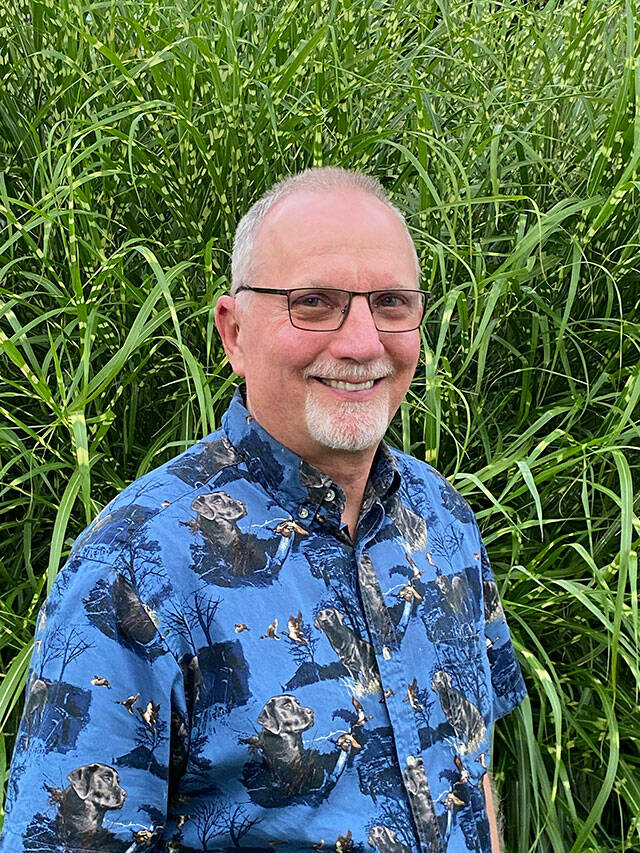Are you a member of a cult?
Do you know whether the organization you belong to fits the definition of a cult? Do you know if the candidate you plan to vote for falls under the description of cult leader? There are many different types of cults, some are religious, some are political, but their characteristics are similar.
What makes me an expert on this topic? I belonged to a religious cult from age 16 to 23. I gradually realized that I had been scammed and left. Leaving it was among one of the most painful experiences I have endured in my life.
Here are some indicators that you are following a cult leader or you belong to a cult and may not know it: The living charismatic leader uses emotion to sway the masses who follow him/her. Instilling fear plays a big part in creating a cult mentality. Cult leaders point out what’s wrong with society and predict a terrible future unless the leader’s views are obeyed to the letter. Any deviance from the leader’s decrees is viewed with judgment and condemnation. The leader offers the only true way to Utopia or Eden.
The perspective of a cult leader is described in either/or terms, or black/white terms. A cult’s worldview is divided into simple principles. Education and learning are viewed with suspicion. There is no middle ground or room for compromise. People in a cult view those who disagree with their “dear leader” as enemies. Believing this way offers an obvious choice as to what is truth and what is a lie.
Complexity is frowned upon. If their leader makes a statement, then it must be true. Even if a cult member sees their leader’s flaws, the opposition is always viewed as far worse.Cult followers have a deep sense of certainty that the leader and his organization are right while the rest of society is wrong. People who join cults are seeking certainty.
In my case, I hated making mistakes and I wanted my leader to make decisions for me. I didn’t want to fail. Following the leader’s dictates gives those under the thrall of a cult a feeling that they are special and part of an elite group who is superior to the rest who do not follow the cult leader’s doctrines.
I distinctly remember the time and place when I realized I had believed a lie. My first reaction was that I wasn’t special any more. I wasn’t part of a special group who could look down on others who were inferior to me. I eventually came to realize that others are no better or worse than me. We are all fallible mortal humans who make good and bad decisions and who benefit from or suffer from the consequences. Setting up artificial ways to separate ourselves from others is a common practice. Race, gender, the amount of wealth or status, or body shape or size are examples of how we try to feel superior to others. For those in a cult, knowledge is siloed. People only hear one point of view. The cult leader discourages and punishes those who hold differing views. Any deviation or contradictory viewpoint is viewed with suspicion. To question the leader is to threaten the whole system. Listening to your gut is more effective and safer to a cult member than reading history or seeking contradictory views that bring the cult leader’s statements into question.
You may not believe that you belong to a cult, but you owe it to yourself to reflect on whether what you believe fits under the definition that I have provided.
When I was a member of a cult, I was a true believer. I didn’t know I had become a cult follower. I was too ignorant and naïve. I believed everything that I heard from my leaders. I lacked information that challenged what I believed. It wasn’t until I got my master’s in history that I came to see the contrast between fact and fantasy. Contrasts made me smarter.
Don’t think “this can’t happen to me” because it can. The rule of thumb that I have used to determine whether I am drifting back to cult-like thinking is to consider: “The more dogmatic I become, the more insecure and uncertain I am.” Self-awareness of my own mental and emotional states allows me to reflect and change my attitude.
It works for me. It can work for you, too.


